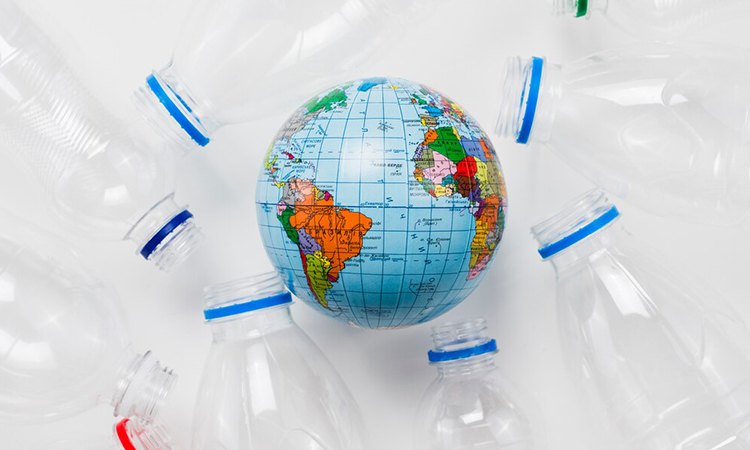In a world where plastic has become an integral part of our daily lives, the issue of plastic disposal is more critical than ever. As we stand at the crossroads of environmental consciousness and technological innovation, it’s time to explore the promising avenues that shape the future of plastic disposal.
The Present Scenario:
The current methods of plastic disposal, including landfilling and incineration, are proving to be unsustainable and detrimental to our environment. Plastic waste litters our oceans, endangers wildlife, and contributes to pollution. Recognizing the urgency of the situation, researchers and innovators are actively seeking alternatives that not only address the problem but also contribute to a greener and cleaner future.
Emerging Technologies:
Several innovative technologies are on the horizon, promising a brighter future for plastic disposal:
- Biodegradable Plastics: Scientists are developing plastics that can break down naturally, reducing the environmental impact and providing a sustainable alternative to traditional plastics.
- Advanced Recycling Technologies: New recycling methods are being researched, such as chemical recycling and depolymerization, which break down plastics into their original building blocks for reuse.
- Biotechnological Solutions: Enzymes and microorganisms are being harnessed to break down plastics efficiently, offering a natural and eco-friendly approach to plastic disposal.
- Circular Economy Practices: The concept of a circular economy, where plastics are reused, repaired, and recycled in a closed-loop system, is gaining momentum as a sustainable approach to waste management.
- Community Engagement and Education: The future of plastic disposal also relies heavily on community engagement and education. As consumers, we play a crucial role in reducing plastic consumption, practicing responsible disposal, and supporting businesses that prioritize sustainable practices.
- Government Initiatives: Governments worldwide are recognizing the urgency of addressing plastic pollution. Policies and regulations are being developed to encourage responsible plastic disposal, incentivize eco-friendly alternatives, and hold industries accountable for their environmental impact.
- Challenges and Opportunities: While the road ahead is promising, challenges such as scalability, cost-effectiveness, and public awareness need to be addressed. However, these challenges also present opportunities for collaboration, innovation, and the development of a more sustainable and resilient system for plastic disposal.
The future of plastic disposal holds the promise of a cleaner and greener environment. By embracing emerging technologies, adopting circular economy practices, and fostering community engagement, we can pave the way for a more sustainable future. It’s a collective journey that requires a shared commitment to reduce, reuse, and responsibly dispose of plastic, ensuring that the impact of our choices resonates positively for generations to come.
Next On Your Reading List:


